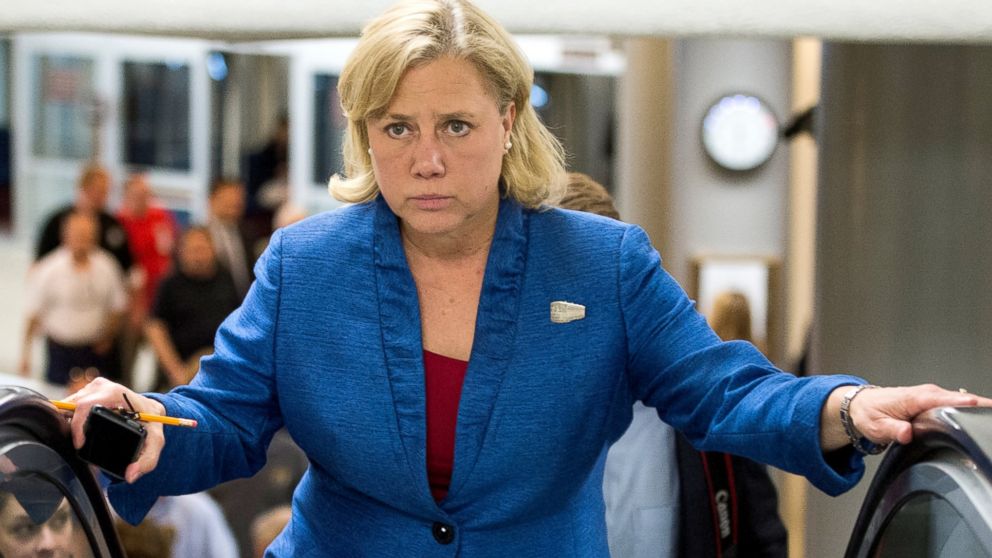How National Democrats 'Just Walked Away From' Mary Landrieu
The DSCC has spent no money to support senator's struggling runoff effort.

— -- Just days before a runoff election that’s expected to end Mary Landrieu’s 18-year-long career in the Senate, the Louisiana Democrat said she’s “disappointed” that her party has abandoned her.
“I am extremely disappointed in the Democratic Senatorial [Campaign] Committee. I’ve said that. You know, they just walked away from this race,” Landrieu told the Washington Post.
Polling in advance of the general election consistently showed Landrieu losing to Cassidy in a head-to-head contest. And after a bruising wave of Democratic defeats across the country Nov. 4, the DSCC made the decision to pull $2 million in previously reserved air time for the embattled Democrat as she advanced toward a runoff against Republican candidate Rep. Bill Cassidy.
The Democratic committee said at the time it would continue to stay involved in the race despite pulling the finances.
“We are going to make ongoing determinations on how best to invest in the race,” DSCC Communications Director Justin Barasky told ABC News Nov. 6. “We made the initial reservation when there were concerns that the rates would skyrocket but they have stabilized, giving us more flexibility to make week-to-week decisions.”
But the DSCC has spent nothing in the race since the runoff began, according to FEC records. The National Republican Senatorial Committee, on the other hand, has spent over $1.3 million since Nov. 5.
The DSCC has not responded to ABC News’ request for comment.
The Democratic committee’s withdrawal from the race is only one part of Landrieu’s losing money battle. Outside groups have spent over $11 million in support of Cassidy during the runoff, compared to just $2.1 million in support of Landrieu.
And as of Nov. 16, Landrieu had only $782,616 cash on hand compared to Cassidy’s $1,296,282, according to FEC filings.
And while the national Democratic Party backed away from the race, the RNC doubled down on a robust field strategy, adding an additional 200 paid staff during November. In total, the RNC has spent $2.9 million in Louisiana.
With what money Landrieu and her remaining supporters still have to spend in the race, Landrieu has made late-breaking allegations that Cassidy was paid for work he didn’t do as a part-time LSU professor her campaign’s central line of attack. But whether such a late campaign issue will sway voters at the polls is an open question.
But if early voting numbers are any indication of how Saturday’s election will break, it’s bad news for Landrieu, who relies heavily on the African-American vote to compensate for a weak performance among the state’s white population.
On Nov. 4, for example, Landrieu captured 94 percent of the black vote compared to just 18 percent of the white vote and still finished just 16,000 votes ahead of Cassidy. Early voting decreased among African-Americans and registered Democrats in the runoff compared to the general election, while voting among white and registered Republicans increased.




